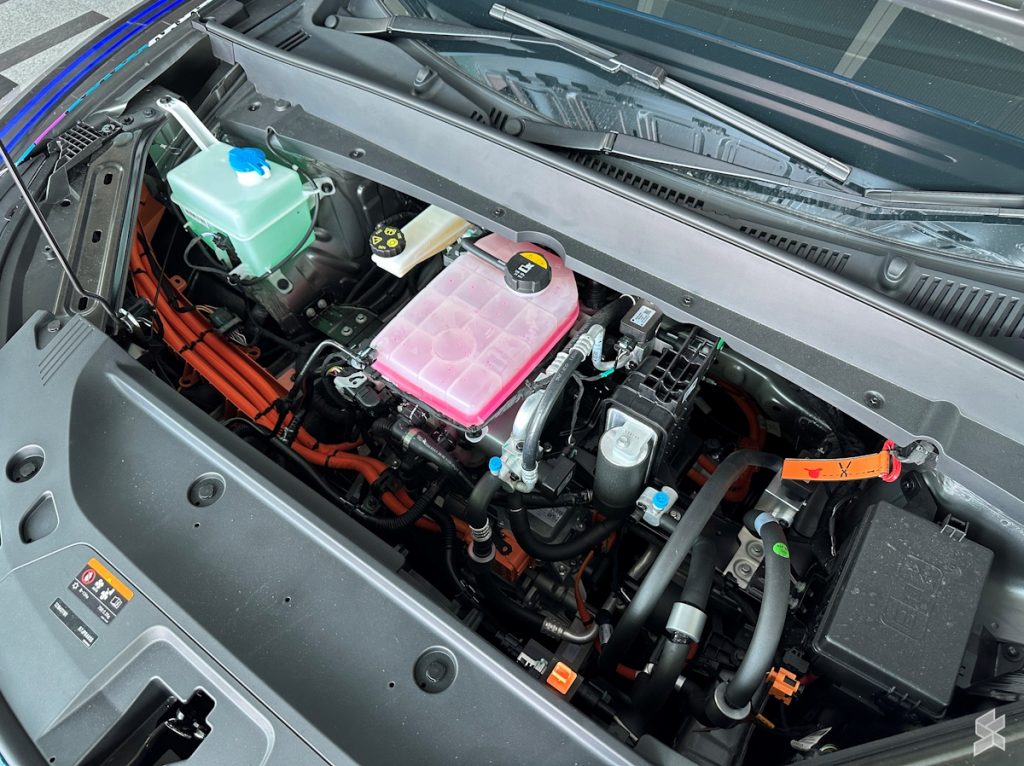In the realm of automotive customization and optimization, the pursuit of improved performance and efficiency often drives enthusiasts to explore aftermarket modifications. This guide delves into two crucial aspects of vehicle enhancement: the financial considerations surrounding a new exhaust system and the pivotal role played by the 6.7 Cummins EGR valve.
As vehicle owners seek to strike a balance between elevated performance, enhanced aesthetics, and responsible emissions control, understanding the costs associated with exhaust system upgrades and the significance of the EGR valve in diesel engines becomes paramount. Through these topics, readers will gain insights into the intricate world of automotive customization, allowing them to make informed decisions tailored to their individual preferences and driving needs.
An exhaust system is a crucial component responsible for directing exhaust gases away from the engine. It plays a vital role in optimizing performance, sound, and emissions control.
Factors Influencing the Cost of a New Exhaust System
- Material: The choice between stainless steel, aluminized steel, and other materials impacts the overall cost.
- Configuration: Cat-back, axle-back, or header-back systems vary in complexity, affecting the cost.
- Brand and Quality: Established brands and higher-quality systems often come with a premium price tag.
- Customization: Additional features like resonators or mufflers can add to the cost.
- Labor: Installation costs depend on the complexity of the system and whether professional help is required.
Reason to Choose a New Exhaust System
- Enhanced Performance: A new exhaust system can optimize exhaust flow, leading to power gains and improved throttle response.
- Distinct Sound: The right exhaust system can provide a more aggressive or refined exhaust note, tailored to your preference.
- Better Aesthetics: Upgrading to a visually appealing exhaust system can enhance the vehicle’s overall appearance.
Navigating Emissions Control – The 6.7 Cummins EGR Valve
The Exhaust Gas Recirculation (EGR) valve is a vital emissions control component in the 6.7 Cummins diesel engine. It recirculates a portion of exhaust gases back into the engine to reduce nitrogen oxide emissions.
The Role and Importance of the 6.7 Cummins EGR Valve
- Emissions Reduction: The 6.7 cummins EGR valve helps lower nitrogen oxide emissions, contributing to environmental conservation.
- Combustion Temperature Regulation: Recirculating exhaust gases controls combustion temperatures, preventing excessive heat buildup.
- Fuel Efficiency: Optimal combustion temperatures can lead to improved fuel efficiency in diesel engines.
Reason to Address the 6.7 Cummins EGR Valve
- Emission Compliance: Maintaining a functional EGR valve ensures your vehicle adheres to emissions regulations.
- Engine Longevity: Proper EGR valve operation prevents excessive heat-related damage, contributing to engine longevity.
- Performance Optimization: Addressing EGR valve issues ensures the engine operates at its best, with regulated temperatures and emissions.
Conclusion
In the landscape of automotive improvement, the considerations surrounding a new exhaust system’s cost and the role of the 6.7 Cummins EGR valve underscore the complexity of vehicle enhancements. The investment in a new exhaust system extends beyond financial aspects, encompassing the promise of enhanced performance and a distinctive auditory experience.
Similarly, the significance of the 6.7 Cummins EGR valve goes beyond emissions control, influencing both engine longevity and optimal performance. As we navigate the ever-evolving world of vehicle upgrades, these factors remind us of the intricate balance between power, efficiency, compliance, and responsible driving. Each choice made in pursuit of automotive enhancement is a step toward a personalized driving experience, where considerations are not just about cost, but about the holistic impact on the vehicle’s performance, longevity, and the environment.
FAQ’s
Q1: Are high-priced exhaust systems always the best choice?
A1: Not necessarily. While higher-priced systems often offer better quality and performance, the best choice depends on your goals and budget.
Q2: Can I install a new exhaust system myself, or should I seek professional help?
A2: Some enthusiasts might have the skills for DIY installation, but professional help is recommended for proper fitting and optimal performance.
Q3: Can a malfunctioning EGR valve affect my vehicle’s performance?
Yes, a malfunctioning EGR valve can lead to reduced performance, increased emissions, and potential engine issues.
Q4: Can I delete or bypass the EGR valve for better performance?
While EGR valve deletion or bypassing might lead to performance gains, it can also cause emissions-related issues and legal complications. Always research and consider the consequences before proceeding.




